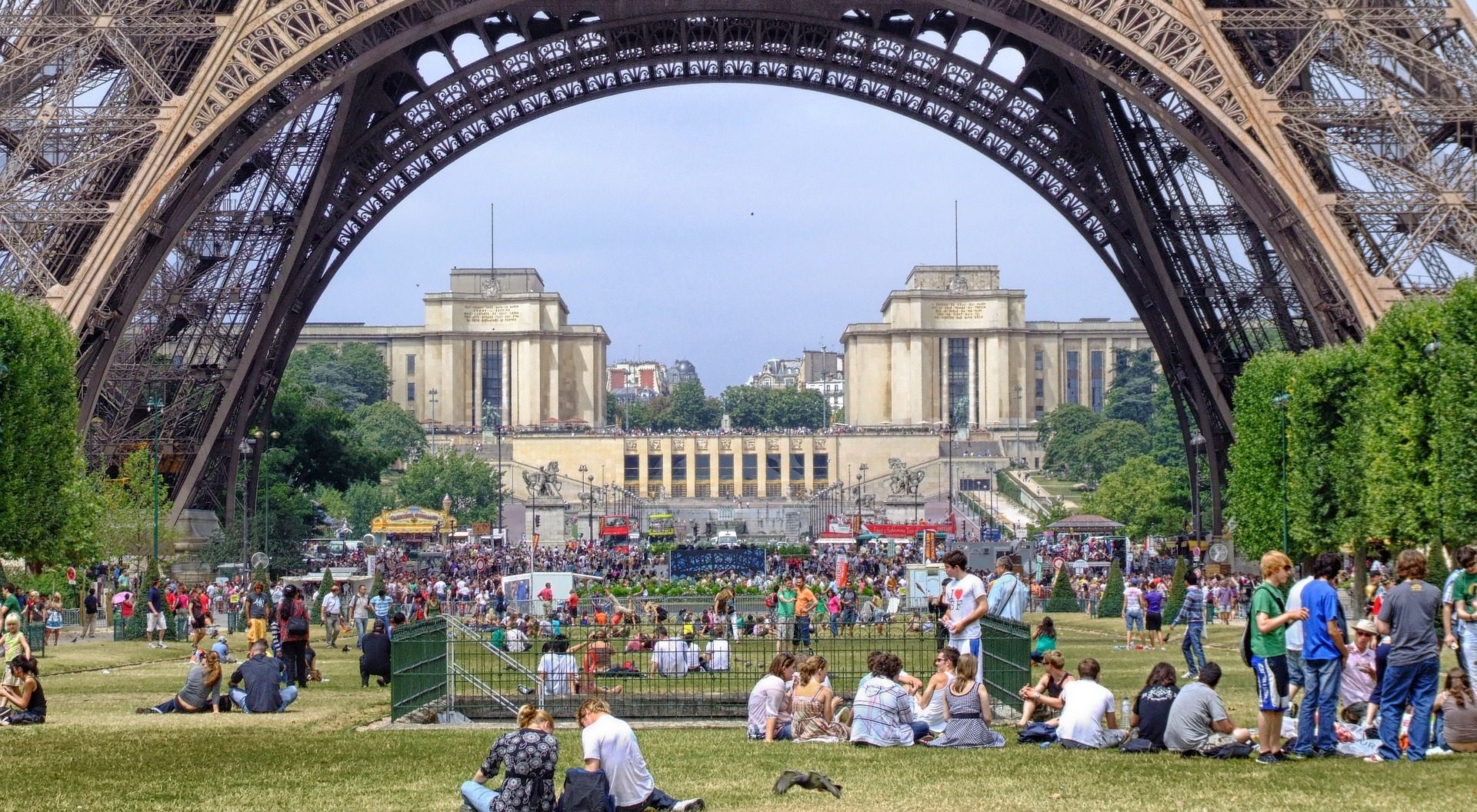
French culture, still reeling from the havoc wreaked by the pandemic, was betting on faster progress during the summer, the season when festivals, which stand for ‘people’s culture’, are mushrooming. Cycles will also hit politics, though with a variant less seasonal than the stark priorities dictated by the challenges that invite themselves on the political agenda: climate change, Ukraine, energy crisis, migrations, you name it, the related avalanche seems to have pushed culture further down the list. These two developments, analyzed below in more detail, provide a propitious background to a report from France’s Court of Auditors which shines a light on the part played by public support to festivals and makes practical recommendations for administrations to improve their act in a field that has always been dear to French hearts.
1/ It is too early to access and parse the whole set of statistics related to the festivals that took place in the summer 2023, let alone to draw conclusions. However, it looks like a good vintage. We may miss the admission numbers to compare, but we can have a close look at the programmes of the Avignon Festival, that of Aix-en-Provence, the Nice Jazz Festival, the Summer Vibes Festival in Fréjus or, to steer away from Southern France, the Vieilles Charrues in Brittany, and see that all these performances, however diverse, share one common feature: they bear the hallmark of the highest quality. There is always a risk with lining up the best performers, but this bet seems to have paid off nicely across France over the summer. It will be up to the organizers to do elaborate post-mortem reviews in order to build on this success; they will have to give due credit to freedom unleashed from administrative – as well as psychological – constraints generated by the pandemic, to hidden collective myths along the lines of ‘never too early to make the most of a rare reprieve before the next pandemic or war’, or to mere weather conditions (although we can hear more blame than credit in this respect). Anyway, a quick glance at the leading newspapers across the regions concerned seems to point to a wind of optimism blowing over France since July.
2/ Europe is an outlier (with France leading the way in this regard) when it comes to public involvement in culture; yet, the rest of the world would not necessarily go along this deep-rooted tradition. Accordingly, there is no real surprise – only a touch of regret – in watching cultural matters slip down France’s political agenda. President Macron gave an interview to Le Point on 23 August, and addressed all French Ambassadors on 28 August: in either case, culture had to take a back seat.
Ambassadors were reminded – at the very end of a lengthy speech – that they are expected to execute a ‘mission to evangelize and influence’, spreading the word about French language and culture with a view to ‘expand intimacy with, and understanding of, what we French stand for.’ With Le Point, President Macron focused on France’s domestic priorities in the months to come: immigration, schooling, Ukraine, and, quite ambitiously, ‘making the French society civilized again’. To be fair, spreading and enhancing our cultural legacy was mentioned among other key areas for action whose societal impact might warrant a referendum (together with possibly revisiting the territorial playbook of public authorities across France, a treacherous topic that spelt stepping down for de Gaulle, back in April 1969).
3/ We are not there yet, but the public power split as regards the narrower field of culture festivals was addressed in a specific section of the latest report by France’s Court of Auditors:
https://www.ccomptes.fr/fr/documents/63649
The report lavishly praises ‘the vibrant and endless initiatives taken by local governments since the eighties; the ‘festival phenomenon’ owes them its spreading with amazing speed: 62% of current festivals were created after 2000, 33% after 2011.” Festivals are portrayed as flag-bearers of decentralization: the ratio between funding by the central State and local administrations is a whopping 1 to 10.
Statistics, though all pre-2021, look flattering:
- The number of festivals (7,282 vs 2,000 in Italy and 1,000 in Germany) was multiplied by 4 over the last 20 years;
- 75% of them are shows, 45% of which musical, 30% drama, dance, street performance, etc.
- 56% of them attract less than 5,000 people, 6% more than 50,000;
- 75% of them operate on a budget less than 270,000 euros, 6% on a budget over 1.4 m euros.
Organizers should not rest on their laurels though:
- A clear definition of objectives and a continuing monitoring of results are still missing;
- For instance the Avignon Festival – the lighthouse of French festivals and one of the few to generate a detailed analysis of its public –cast itself in a growingly elitist light: 73% of the audience has a BA, 38% a Master; workers make up only 2.4% of the audience; 32% were under 35 in 2014 vs 16% in 2021; 22% were over 65 in 2016 vs 29.5% in 2021.
- In case the Culture ministry plans to foster art creation and culture for all, support should focus more tightly on festivals that fit this twin purpose, the Court goes on to suggest.
The Court makes other recommendations regarding improved governance, crisper objectives and tighter monitoring of performance indicators.
A great summer indeed on the festivals front: the public thus vindicates the investment decisions made by local governments, who are leading the charge with a wealth of initiatives aimed to inspire creativity and meet the public’s expectations. One key asset looks under threat though: the World Radiocommunication Conference of 2023 (WRC-23) has yet to confirm the allocation of the frequencies which, quietly, continuingly though behind the scenes have proved instrumental to the flawless choreography of a memorable summer of festivals.

